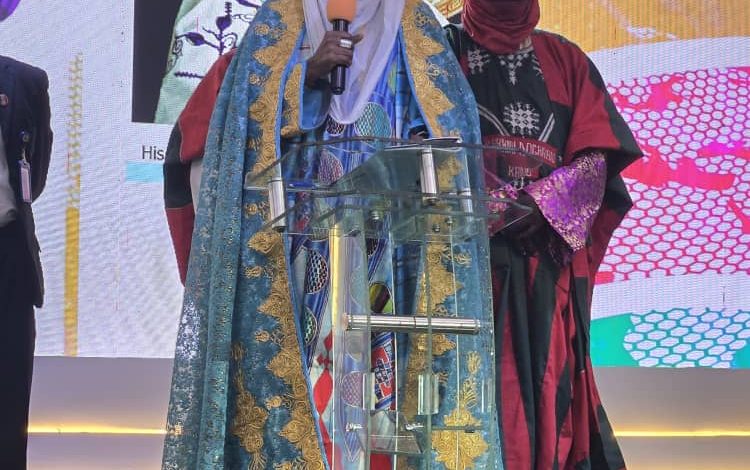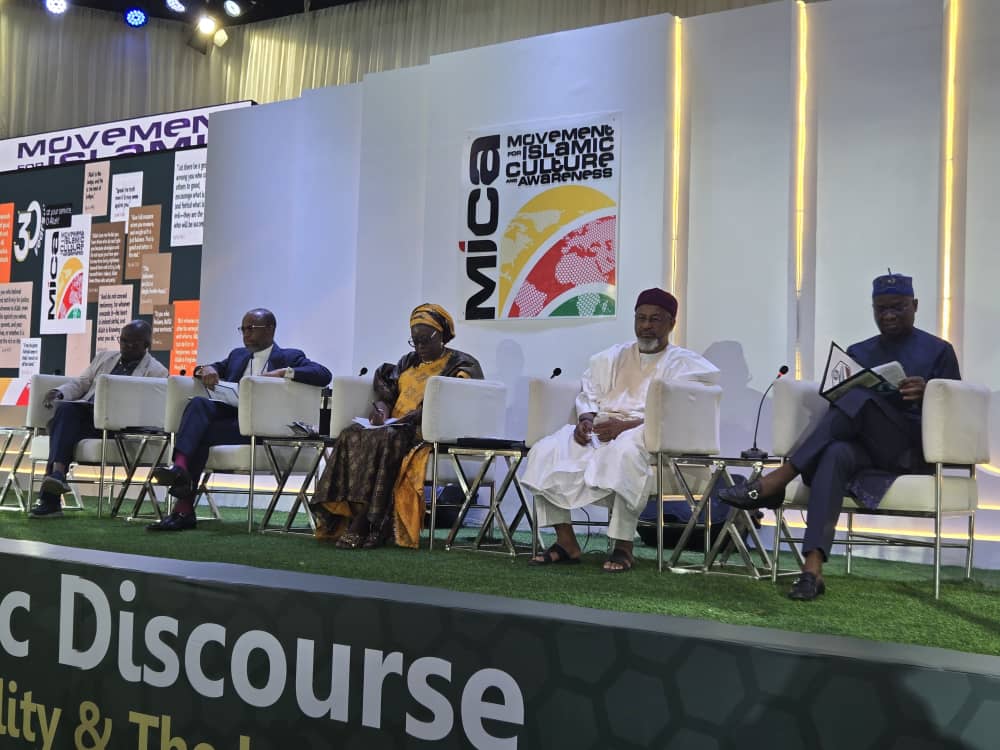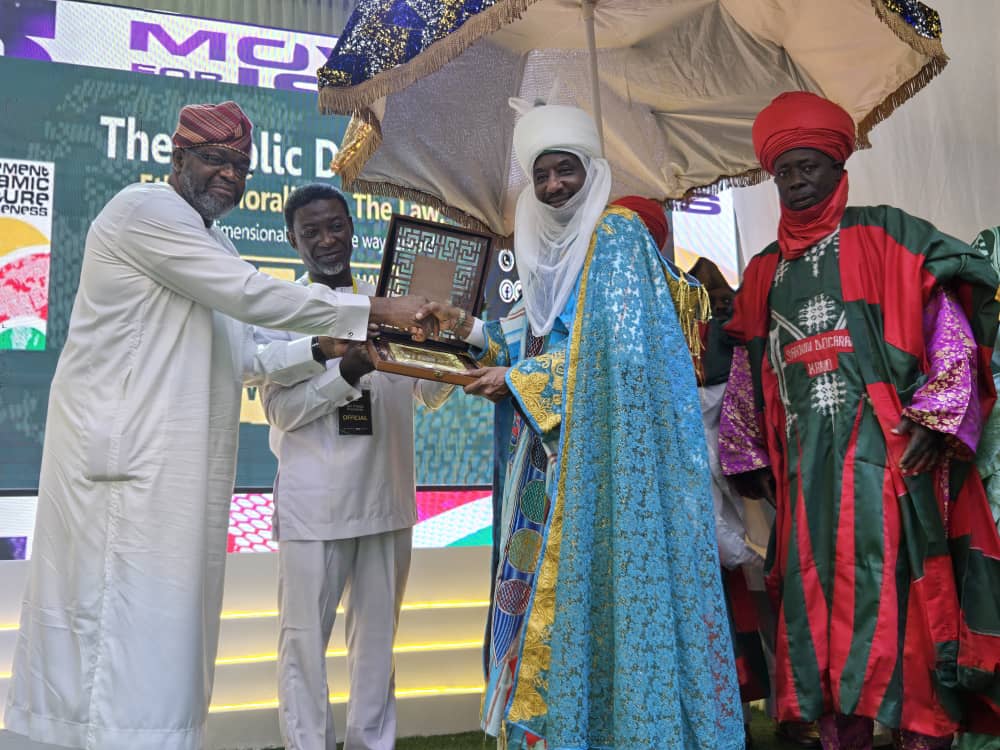Justice Kekere-Ekun admits there’re bad eggs in Nigerian judiciary, as Emir of Kano urges judges against favouritism
*Some judges are giving us bad name - CJN

By KEMI KASUMU
“When your friends come to you, when your colleagues come to you, when the government comes to you, when your relatives come to you and you have a case before you, and appeal to you and you listen to them and you tilt in their favour and tweak justice in their favour, that’s fine; ask yourself where will they be when you stand before Allah explaining that judgment,” Emir Sanusi warned.
Chief Justice of Nigeria and President of the nation’s National Judicial Council (NJC), Justice Kudirat Kekere-Ekun, has finally commented on the worries of Nigerians about activities of some judges, which she says are giving the judiciary a bad name.


She spoke in Lagos at the weekend during a public meeting on ‘Ethics, Morality and The Law’, organised by the Movement for Islamic Culture and Awareness (MICA) to mark the organisation’s 30th anniversary and the elevation of Justice Habeeb Adewale Abiru to the Supreme Court.
The CJN warned judges to remember that as individuals, they are accountable to themselves and to God.
She said the perspective of the ordinary citizen, who observed and assessed the extent to which ethics, morality and the law co-existed harmoniously in the society must be taken into consideration.
According to her, “The role of the legal practitioner within this framework, merits a particular attention. The lawyer, often seen as both antagonist and protagonist in the pursuit of justice, must navigate a terrain where law, ethics, and morality intersect.
“This dual role requires balancing the scriptures and the law with ethical constitutions, often containing moral and legal questions that may seem at odds. As a minister in the temple of justice, the lawyer’s commitment to justice involves upholding legal standards, while advancing principles that follow society’s ethical expectations.”
In his submission at the all-important event, Emir of Kano, His Royal Highness Alhaji Muhammadu Sanusi II, Ph.D, advised judges in the country not to be swayed by favouritism and nepotism, declaring that some judgements fly in the face of common sense.
Sanusi stated that there was the need to fight for the integrity and independence of the judiciary and law enforcement agencies.
He tasked the judges to always ask themselves where they would be when they stand before God to explain their judgements.
The DEFENDER reports that the occasion seemed to have provided opportunity for the multi-faceted leader, Dr. Sanusi II, to take his preaching beyond the four walls of the mosque and directly address the minds of justice system operators in Nigeria as he advised them on how to make the country better through fairness and truthfulness in the administration of justice.

Emir Sanusi said, “You are the final judge, Supreme Court. Once the Supreme Court rules, there is no judgement apart from God’s judgement. There will be a day when God will ask: who will be your own advocate on that day? Who will come and be your lawyer? Who will be your senior advocate of Nigeria, your silk, in front of Allah, when he’s asking you why you ruled against what you know as a truth?
“There have been judgments that have been made that just fly in the face of common sense and many of these judgments that we hear about happen because the judges decide that even though this is substantive justice, they are not going to go with it because of technicality.”
Khalifah Muhammadu Sanusi II urged Nigerian judges, especially Justices of the Supreme Court, to administer justice with the fear of God.
Emir Sanusi, who said his new year resolution is to no longer be controversial, also urged the judges to be upright and focus more on substantive justice rather than technicalities.
“In recent times, we have seen that what really gets to people are the manner in which technicalities are relied on to support a particular cause, and this is particularly when there is strong political interest. I will not go into specifics, but I think we all are aware. I would urge that we look at that and go beyond the technicalities of the law and actually go for substantive justice.”
The Emir touched his listeners deep down their hearts when he went specific in his admonition.
“When your friends come to you, when your colleagues come to you, when the government comes to you, when your relatives come to you and you have a case before you, and appeal to you and you listen to them and you tilt in their favour and tweak justice in their favour, that’s fine; ask yourself where will they be when you stand before Allah explaining that judgment,” he warned.
Former Governor of Lagos State, Mr. Babatunde Raji Fashola (SAN), also speaking, said sometime application of law can be very harsh, saying there was the need to ensure that every judgement to come out of the judiciary meets the required quality.









